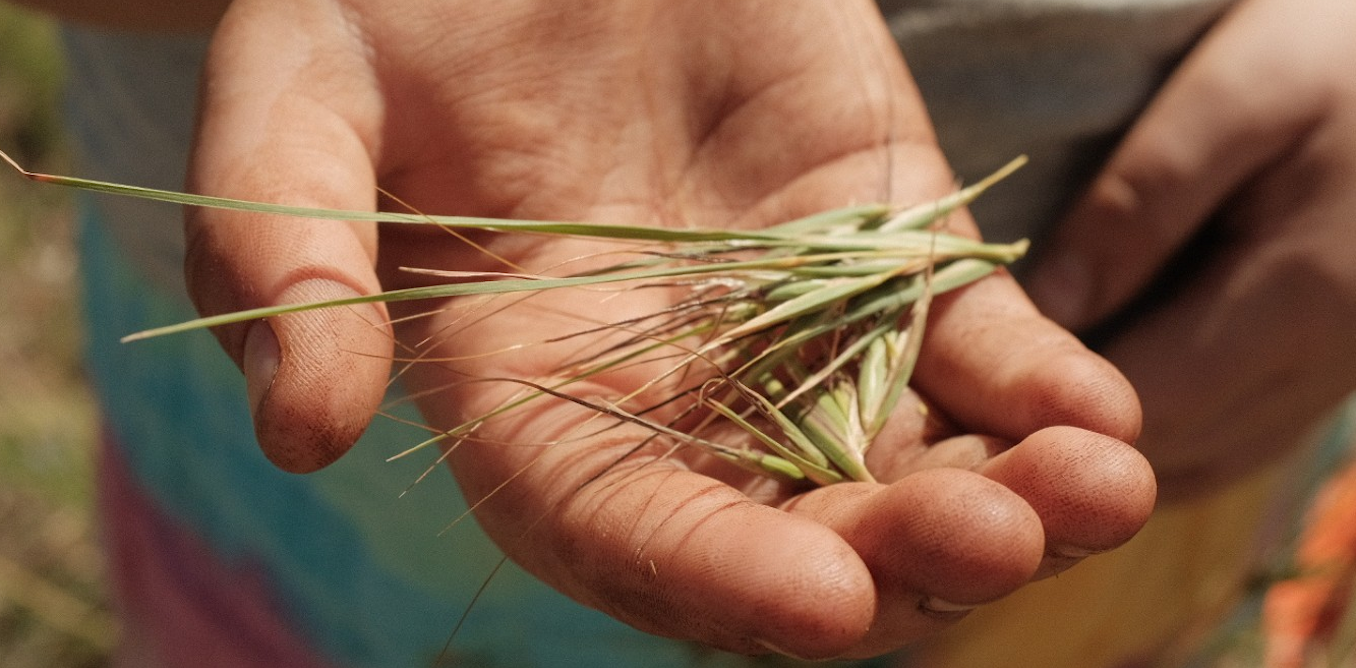Aboriginal Cultural Camps Boost Health and Wellbeing, Study Finds

Alayaran.com - A groundbreaking study published in The Lancet has revealed that Aboriginal and Torres Strait Islander peoples experience significant health and wellbeing benefits from participating in cultural camps. This research, conducted by the Gaawaadhi Gadudha Research Collaborative, challenges the traditional deficit-focused health policy by showcasing the positive impacts of cultural engagement.
The study, which took place across three culturally significant locations in New South Wales, involved cultural camps facilitated by Aboriginal knowledge holders from the Yuwaalaraay, Gamilaraay, and Yuin Nations. These camps were set in environments minimally affected by colonization, providing a pure setting for cultural practices like ceremonial dances, traditional food gathering, and medicine identification.
Participants of these camps reported a profound positive impact on their health. A staggering 97.5% felt a sense of healing, attributing improvements in their mental and emotional wellbeing to the camps. Key indicators of cultural health that saw positive changes included:
- Enhanced connection to Country, community, and ancestors.
- Increased pride in Aboriginal identity.
- Greater knowledge of cultural stories, foods, and medicines.
The research underscores the holistic Aboriginal understanding of health, where the wellbeing of individuals is intrinsically linked to the health of their land, culture, and community. This approach contrasts sharply with the mainstream health metrics that often highlight disparities in life expectancy and suicide rates, framing Aboriginal health in terms of deficits compared to non-Aboriginal Australians.
Dr. Aryati Yashadhana, part of the research team, emphasized, "Assessing health solely through comparative epidemiology positions Aboriginal people as deficient. Our study shows that when Aboriginal people practice their culture on Country, facilitated by cultural knowledge holders, there is a tangible positive impact on their health."
However, the study also highlighted ongoing challenges in sustaining such cultural health initiatives. Access to traditional lands for cultural practices is often obstructed by bureaucratic hurdles and private ownership. Moreover, there is a critical need for better funding and resources to support these programs.
The findings call for a shift in health policy from a focus on gaps to one that recognizes and leverages cultural strengths. "There needs to be a recognition and support for cultural health initiatives not just in policy but in practice," added Dr. Yashadhana.
This research not only validates the health benefits of cultural engagement but also advocates for a policy overhaul to incorporate cultural health into the broader health framework, potentially leading to more effective and culturally sensitive health interventions for Aboriginal communities.
